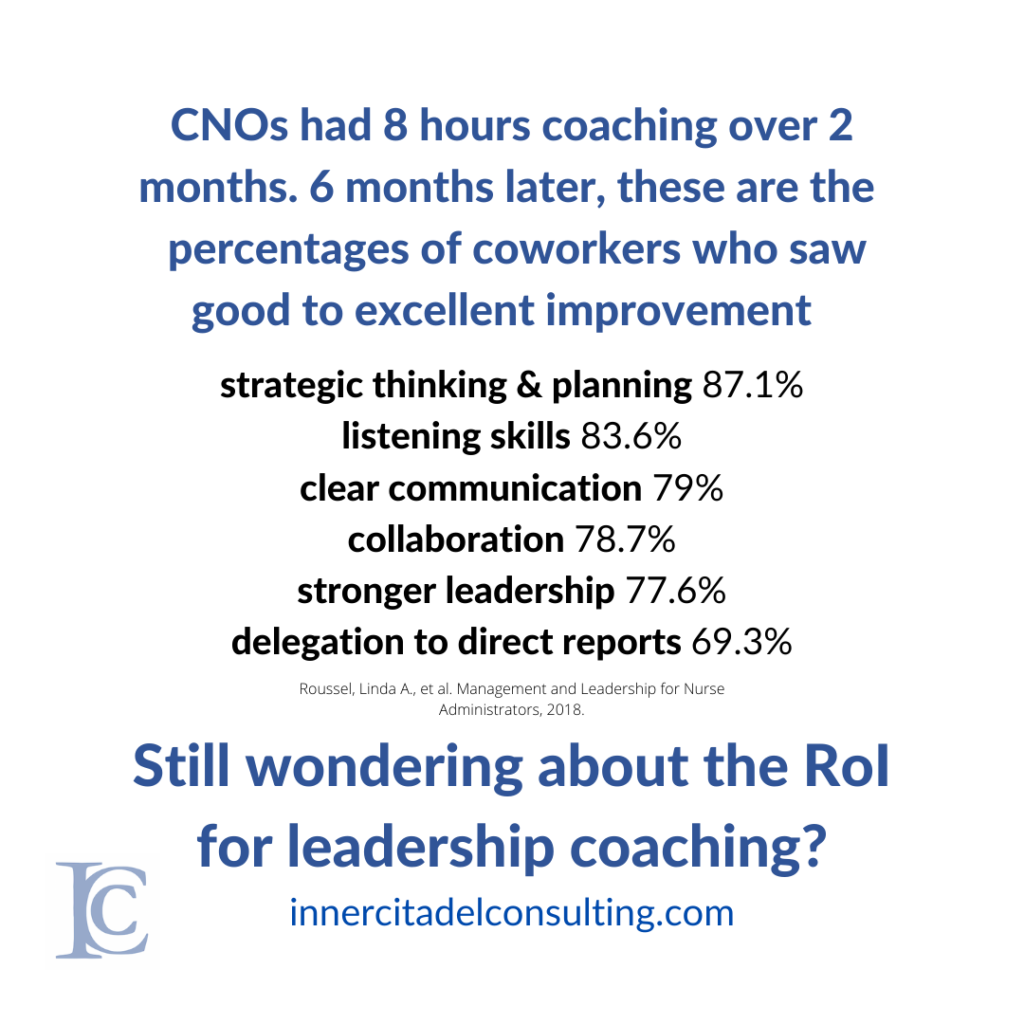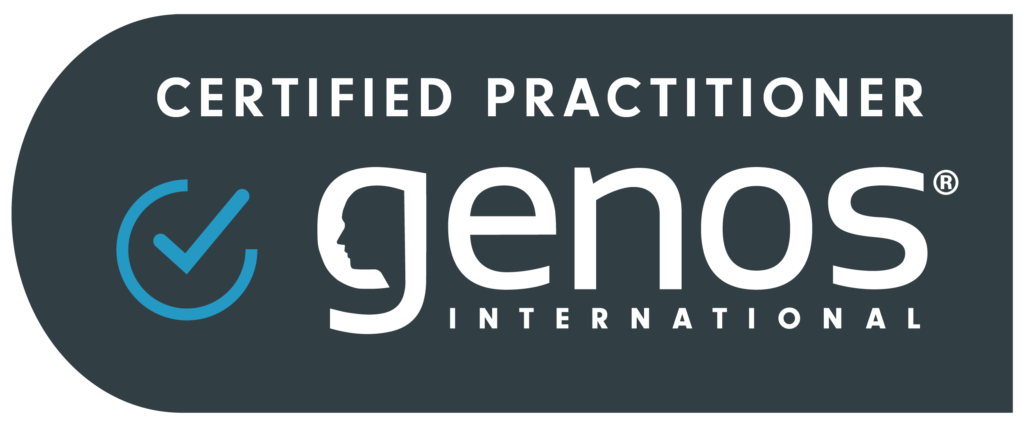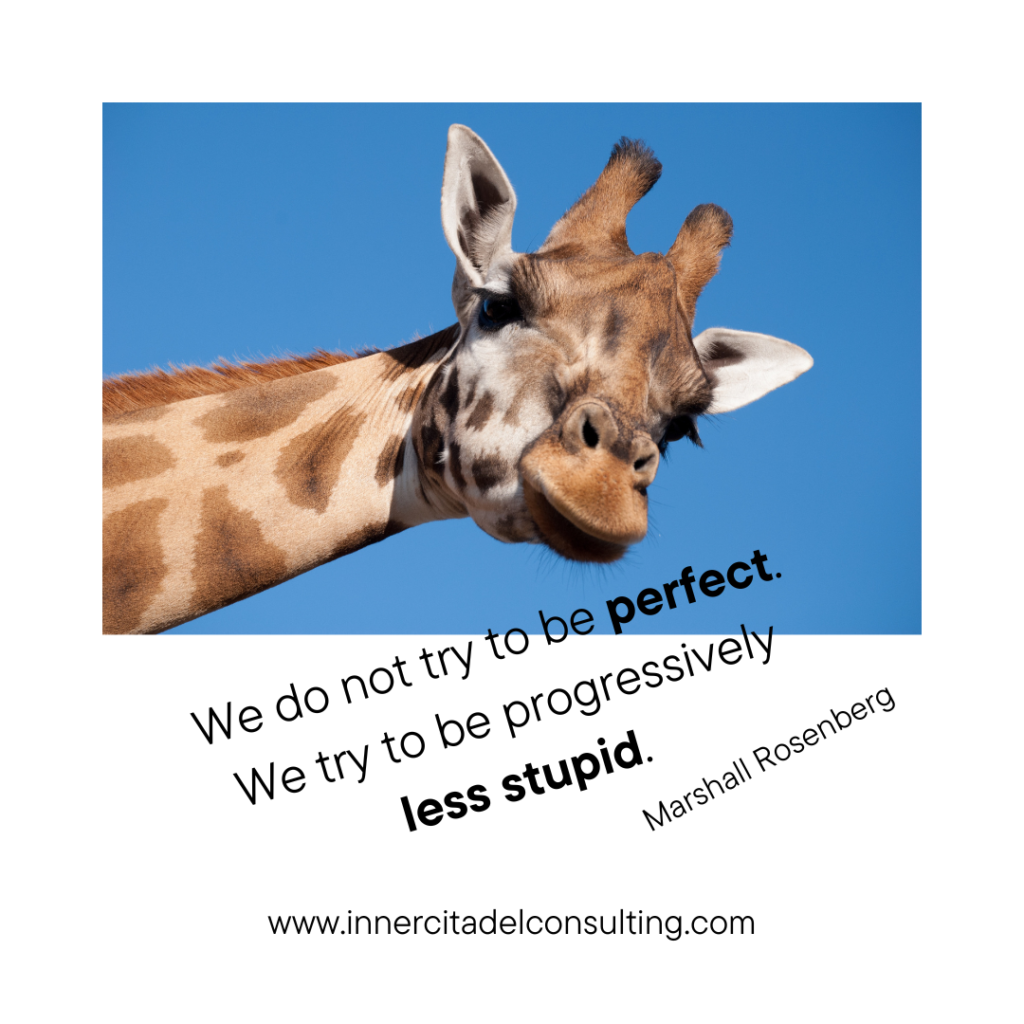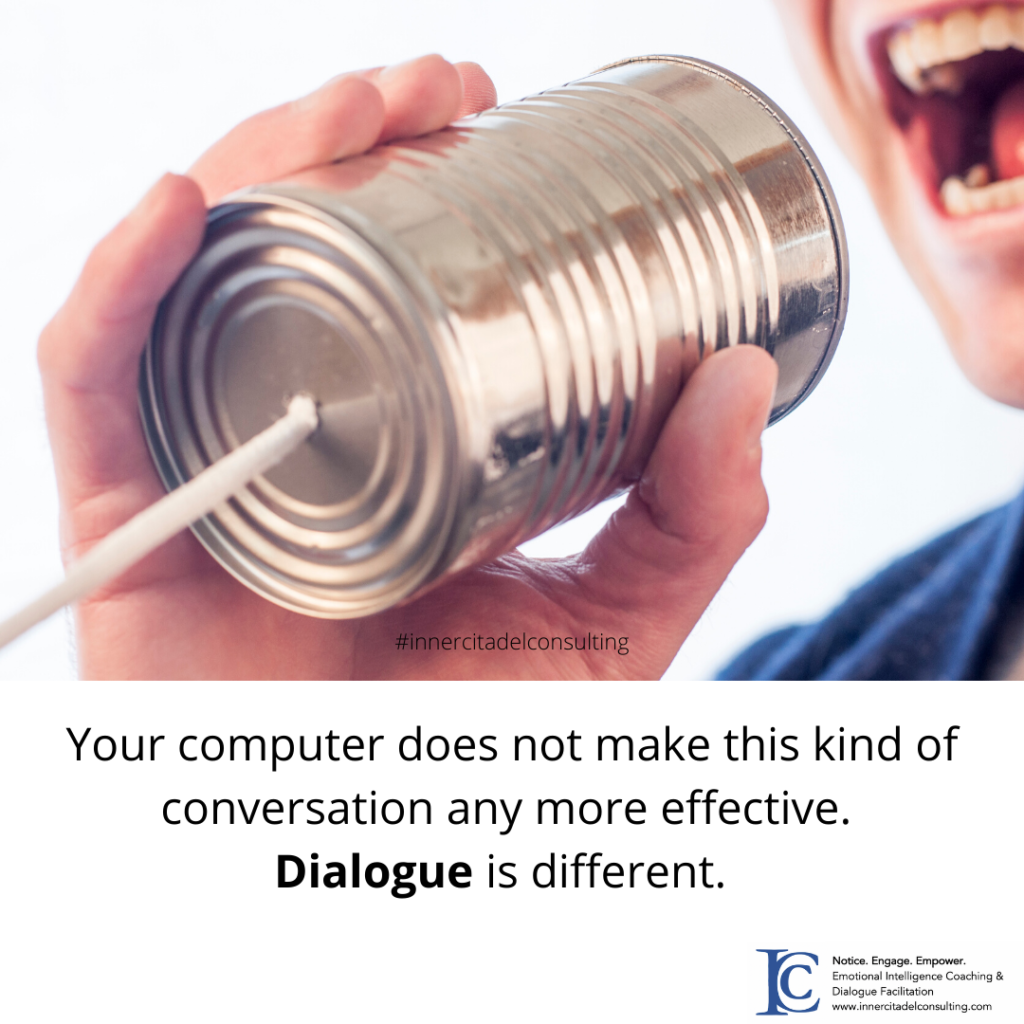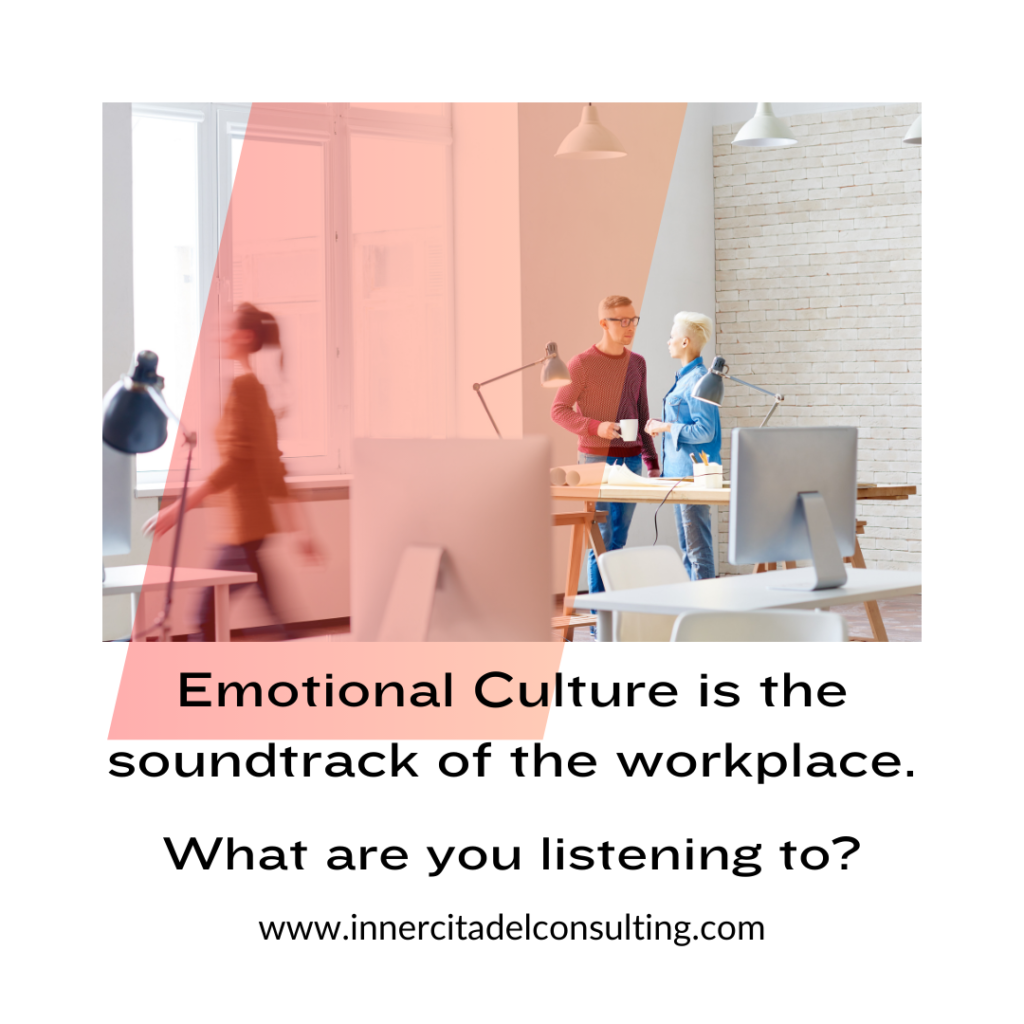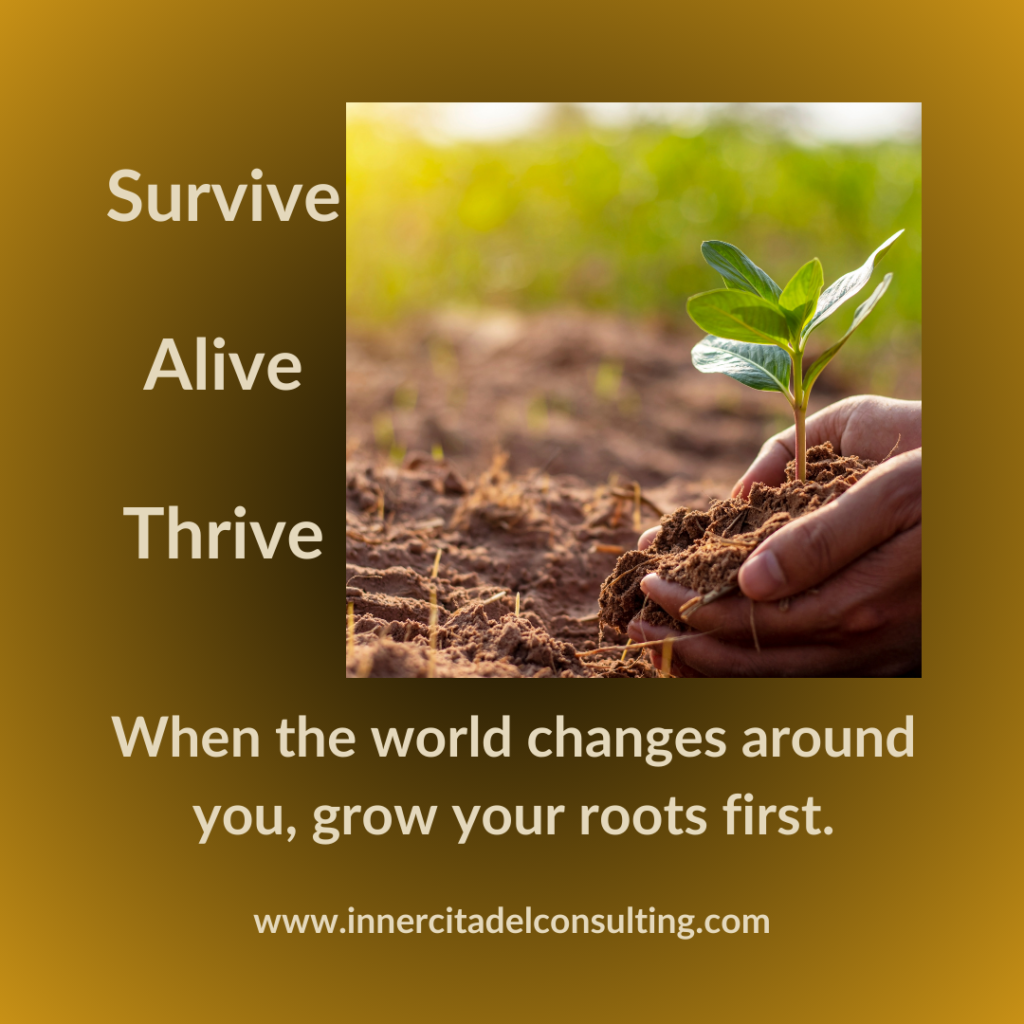I love this comment from a Greek Stoic named Hecato, quoted by Seneca. “You ask what progress I have made? I have begun to be a friend to myself.” Coaching, in a nutshell.

Progress, movement towards a goal. This is really what we all want as an indicator of growth, purpose, effort, achievement. But progress is such a tricky thing for the “progressor” to understand and appreciate fully.
When I lived in West Michigan, I had a the great good fortune to practice tai chi with a very accomplished teacher. In that studio, even beginners engaged in something called “push-hands”, a gentle contact practice that helps increase sensitivity and flexibility. Eventually it becomes a way to practice application of the martial principles of tai chi. Our classes were mixed in terms of skill, and I remember the first class – I was so tight, nervous, insensitive. Over time, that got better (though I was far from accomplished) but because I was always working with people who’d been there longer than me, I never really noticed my own progression. Eventually, new people would come to class – I could feel their tightness and nervousness almost like they were shouting at me. And I realized that I had made progress and also understood that there was much more progress to be made if I wanted. “A great part of progress,” writes Seneca, “is wanting to progress.”
The Stoics had an idea of progression in the development of virtue. For many critics of Stoicism, the (fair) complaint is that the *goal* of Stoic progression is essentially moral perfection and so practically impossible to reach. What’s more, Stoicism had an almost binary understanding of the perfected state: morally, one was either perfected (the Sage) or not. It didn’t matter how far along the road to Virtue you might be, you were still not-virtuous – there was no partial success. Uncompromising? Yep, that’s Stoicism. But a more careful understanding of Stoicism will acknowledge that, while no one is a Sage, it matters *most* of all that we progress, that we work to be better. Reaching the goal is not the goal.
We are very poor judges of our own progress. This turns out to be especially true for coaching! A recent Oxford Review study showed that most coachees (80%) could not articulate the learning and change that had occurred after coaching, even though most others around them could. Another study, on the effect of coaching for Chief Nursing Officers, showed that after only 8 hours of coaching co-workers reported (and this was 6 months after the coaching!) good to excellent improvement in strategic thinking, listening skills, communication, collaboration, stronger leadership, and effective delegation.

Part of the issue is that transformational learning is not linear – we move through periods of accelerated progress and plateaus, even regression. As reliable as our self-understanding can be in the moment, we really do seem to need an objective external observer to help us see our progress over the long term. This is, of course, where I believe long-term coaching can be extremely valuable. Not only do you have a partner focused on your growth and success, but that partner’s purpose is to provide a long-term perspective both on where you’ve come from and where you’re going.
Once you can be a friend to yourself in your lifelong transformation, then you can really get started on your progress. But progress is not linear, it is not always rewarded or recognized, and it requires persistence and effort. Surround yourself with friends or coaches who can remind you about your progress. Your efforts are, as the Stoics might say, the only thing that is “up to you”. Or as my teacher used to say, “Practice and then you can know something. And then keep practicing, so you can know something more.” For today, I’m going to keep trying to be a friend to myself.

